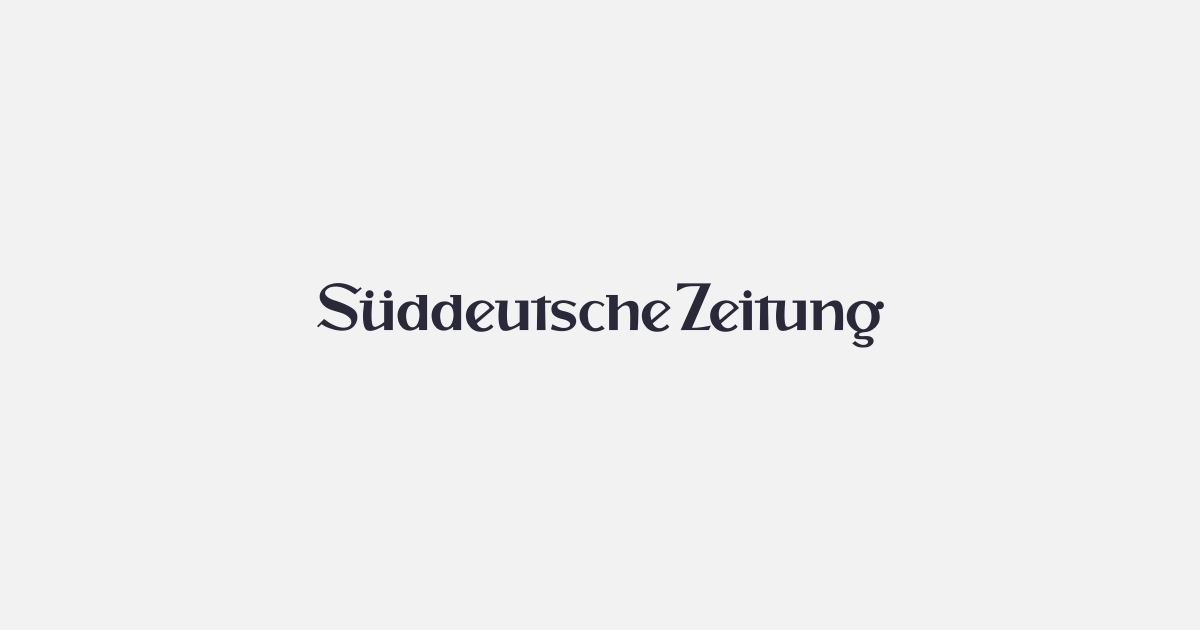–
A new relaxation package for July will probably receive the green light from the Consultation Committee on Friday, including more flexible rules for the catering industry. With the feared advance of the Delta variant in mind, the Corona Commissariat calls on not to fully celebrate the reins.
–
Due to the favorable evolution of the corona figures, nothing is available the relaxation package that the Consultation Committee previously worked out for July voor still in the way. Telework will no longer be mandatory and events can take place on a larger scale. Because the figures are even much better than expected, the top federal and regional ministers are likely to announce a series of additional easing on Friday.
–
The essence
- The favorable evolution of the corona figures makes additional relaxation possible.
- It is likely that the cafes and restaurants can stay open until 1 am, with a maximum of eight people per table.
- The Corona Commissariat warns against too early euphoria: the delta variant of the coronavirus makes us vulnerable.
- There is an increased risk of hospitalization in particular for those who have only received one dose of AstraZeneca’s vaccine.
–
–
The most striking are the plans for the catering industry. Cafes and restaurants are now allowed to receive up to four customers per table until 11:30 PM. The closing time will probably shift to 1 o’clock from 1 July and eight people will probably be allowed to sit at a table. Families would be allowed to invite up to eight people inside. The ban on gatherings normally ends in the open air.
–
It was previously announced that events can take place indoors with 2,000 participants from 1 July and outdoors with 2,500 people. Wearing a mouth mask and keeping your distance remain the rule. This normally remains the case, although the rules regarding the occupancy rate of the hall may become a bit more flexible. The rules for receptions, 200 people instead of the previously communicated 100, are expected to become less strict. The same may be true for worship services, marriages, and funerals. At first the limit there was set at 200 people inside and 400 outside. Those numbers may double.
–
Rapidly falling numbers
Politicians consider additional easing possible because the corona figures are falling much faster than expected. There are still 247 covid patients in intensive care, half of the 500 that the government instituted for the relaxation. The coronavirus is still diagnosed in 738 people every day, less than the 800 that was once put forward as an alarm threshold. With fewer than 40 hospital admissions per day, we are also well below the critical threshold of 75 admissions.
–
The Corona Commission, led by Corona Commissioner Pedro Facon, agrees that all indicators are evolving in a positive way. The proposal that the Commissariat submitted to the Consultation Committee, and which De Tijd was able to view, still argues in favor of caution. Facon calls for the relaxation to always be phased in, because we remain vulnerable to the virus.
–
–
The vaccination campaign is making rapid progress. 64 percent of adult Belgians have received their first dose, 36 percent are fully vaccinated. Flemish Minister of Welfare Wouter Beke (CD&V) noted that Flanders has now taken more first doses than the US, where the campaign got off to a much faster start.
–
Deltavariant
However, we are not completely out of the danger zone. In the United Kingdom, the vaccination campaign is further ahead than in our country, but the number of infections and hospital admissions is rising again. This is a result of the advance of the more contagious delta variant, which until recently was called the Indian variant. Now in our country, only 6 percent of the infections involve this delta variant, but in a new report, scientists from KU Leuven, UHasselt and Sciensano warn that this variant could already be dominant at the beginning of July.
–
The problem with the delta variant is not only that it is more contagious, but also that the vaccines are slightly less effective against it. After a full vaccination, the differences are small: the protection against hospitalization of the vaccines used in our country is above 90 percent. With BioNTech-Pfizer, the protection against absorption is good even after a first dose. But with just one dose of AstraZeneca, the protection against hospitalization drops to 71 percent.
–
AstraZeneca
The UK vaccination campaign relies heavily on AstraZeneca. The Swedish-British vaccine accounts for more than 60 percent of the registered doses, compared to only a quarter in our country. This means that, despite the higher vaccination rate, the United Kingdom is more vulnerable to the delta variant than our country. But here too, experts warn against euphoria that is too rapid.
–
–
Of the over-65s, who are at the highest risk of serious illness from the corona virus, 91 percent have received their first vaccination. 67 percent are fully vaccinated. Those who have been injected with AstraZeneca are still waiting for a second dose, because the period between the first and second dose for that vaccine is a lot longer than with BioNTech-Pfizer and Moderna. It will have to wait until the end of July before most people over 65 have received their second dose and are sufficiently protected against the delta variant.
–
The same goes for the patients at risk: 87 percent received a first dose, only 32 percent already their second. It will have to wait until the end of August before they have all been pricked twice. This means that relaxation is possible, but that caution is in order in July and August, especially for those who have not yet been fully vaccinated.
–
–


